Sunday Train: First California HSR Service to connect Bay & San Joaquin Valley
Must-read blogs
- Casinos Not On Gamstop
- Casino Con Bonus Di Benvenuto
- UK Online Casinos Not On Gamstop
- Migliori Bookmakers Non Aams
- Gambling Sites Not On Gamstop
- Non Gamstop Casinos UK
- Non Gamstop Casino UK
- Slots Not On Gamstop
- Best Non Gamstop Casinos
- Sites Not On Gamstop
- Non Gamstop Casino
- Sites Not On Gamstop
- Slots Not On Gamstop
- UK Casino Not On Gamstop
- Casino Non Aams
- Best UK Online Casino Sites
- Migliori Siti Di Scommesse
- Sites Not On Gamstop
- Casino En Ligne Fiable
- Non Gamstop Casino UK
- Non Gamstop Casino
- Non Gamstop Casinos
- Non Gamstop Casino
- Migliori Casino Online Italiani
- Best Betting Sites Not On Gamstop
- Meilleur Casino Crypto
- Sites De Paris Sportifs Belgique
- Casino En Ligne Fiable
- найкращі крипто казино
- Meilleur Casino Sans Kyc
- Casino Cresus
- Bonus Gratuit Sans Dépôt
- Casino Senza KYC
- Meilleur Casino En Ligne
- Migliori Crypto Casino
- Meilleur Site Casino En Ligne Belgique
- Casino En Ligne Argent Réel
- Casino En Ligne Français
- Meilleur Casino En Ligne France
- Migliori Siti Poker Online
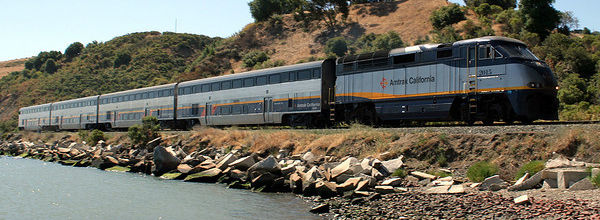 I'm a terrible tease ~ that is, in the sense of "not terribly good at it" ~ since I teased more on Texas Rooftop Solar, both two weeks ago when I
I'm a terrible tease ~ that is, in the sense of "not terribly good at it" ~ since I teased more on Texas Rooftop Solar, both two weeks ago when I 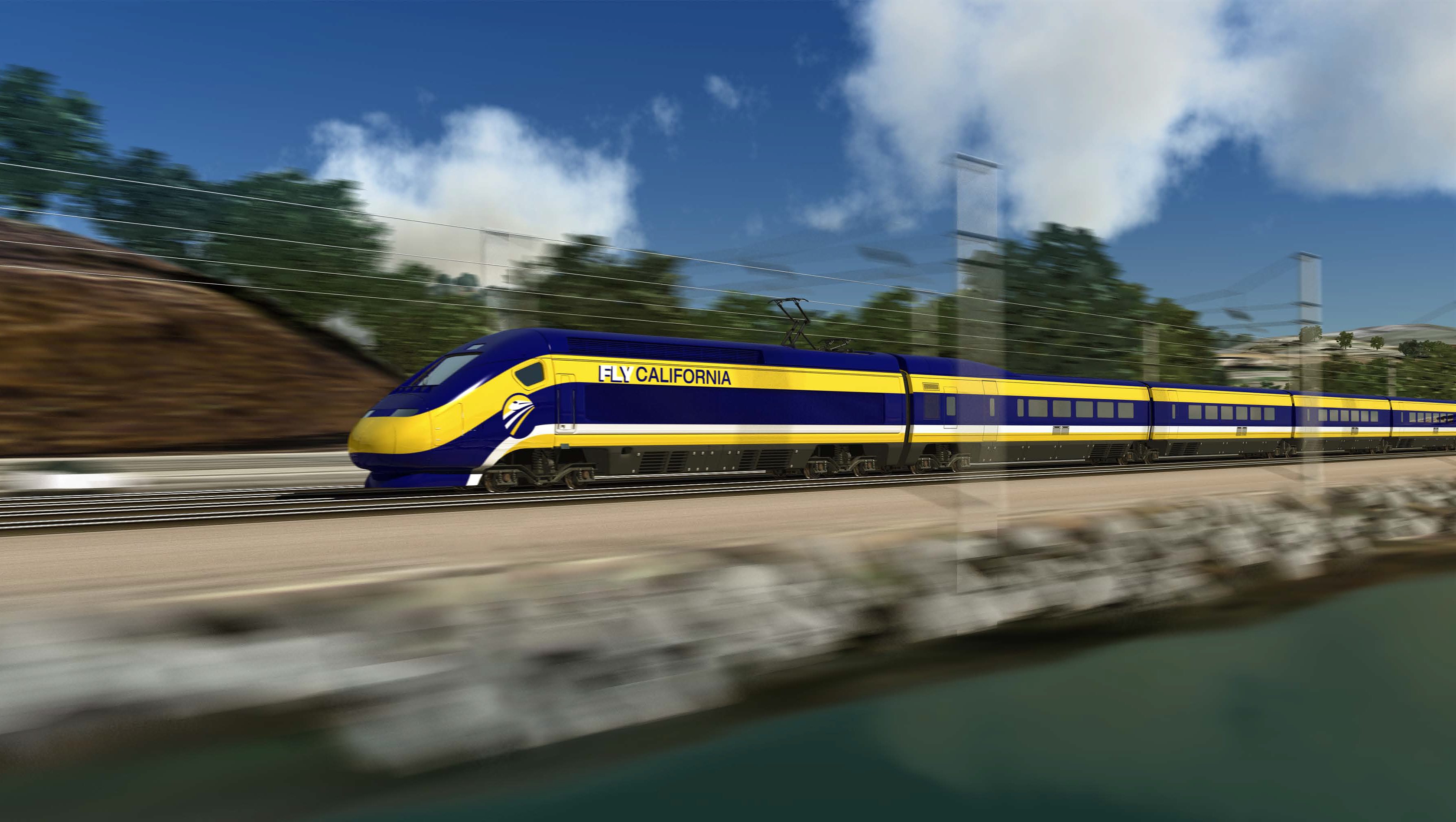 Sunday Train has covered the California HSR project on a number of occasions in the past. However, there was no special attention given to what was widely covered at the time as the "end of California HSR", when a judge ruled that the proposed Business Plan did not meet the terms of the Prop1A(2008) which governed the sale of much of the $9m in state bond authority which had passed in 2008. The Sacramento Bee covered the issue at the time, including the
Sunday Train has covered the California HSR project on a number of occasions in the past. However, there was no special attention given to what was widely covered at the time as the "end of California HSR", when a judge ruled that the proposed Business Plan did not meet the terms of the Prop1A(2008) which governed the sale of much of the $9m in state bond authority which had passed in 2008. The Sacramento Bee covered the issue at the time, including the 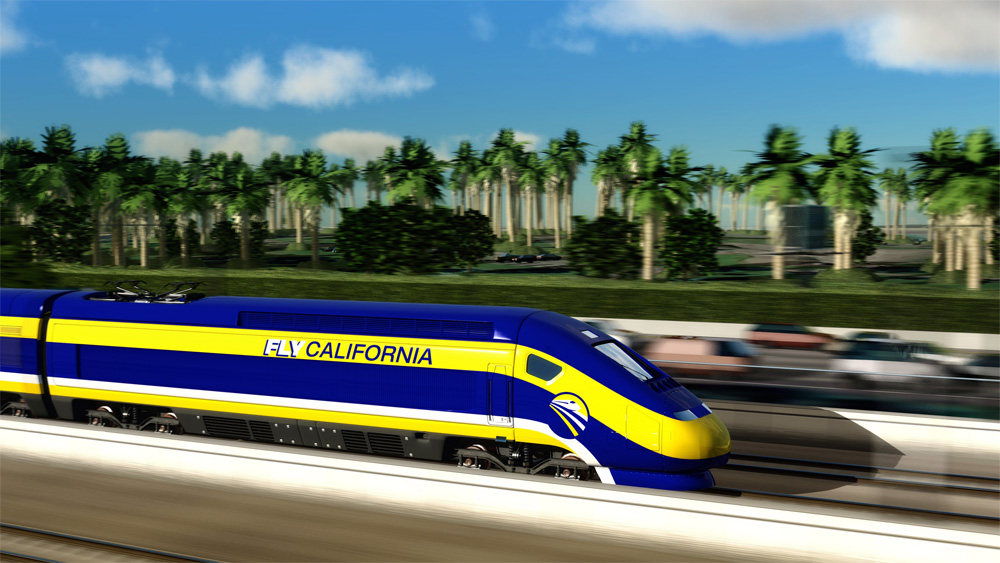 It's a quite odd alliance. The Sierra Club is fighting the Climate Suicide Club both on the side of Supply, with
It's a quite odd alliance. The Sierra Club is fighting the Climate Suicide Club both on the side of Supply, with 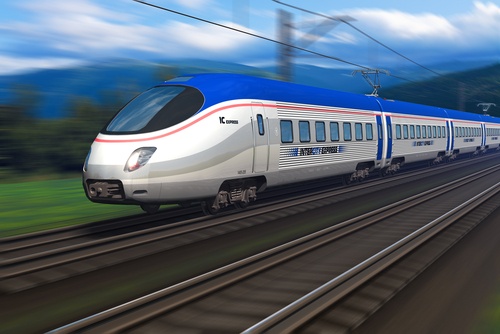 I've posed a question in the title of this week's Sunday Train that I have no intention of answering myself.
I've posed a question in the title of this week's Sunday Train that I have no intention of answering myself.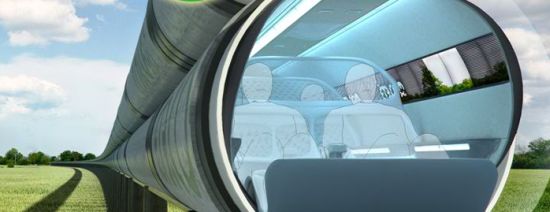 On Monday, entrepreneur Elon Musk launched on attack on the California HSR system in the guise of a pie in the sky alternative that he has dubbed the "Hyperloop". Now, I got into this topic from the back end, since I waited for the technical people to download the PDF and chew into it before giving it a serious look, so when I first encountered the notion floated that this is just a car builder (well, an electric car builder) attacking a rival form of transport, I thought that might involve some shaky inference regarding motive for otherwise puzzling statements ...
On Monday, entrepreneur Elon Musk launched on attack on the California HSR system in the guise of a pie in the sky alternative that he has dubbed the "Hyperloop". Now, I got into this topic from the back end, since I waited for the technical people to download the PDF and chew into it before giving it a serious look, so when I first encountered the notion floated that this is just a car builder (well, an electric car builder) attacking a rival form of transport, I thought that might involve some shaky inference regarding motive for otherwise puzzling statements ...